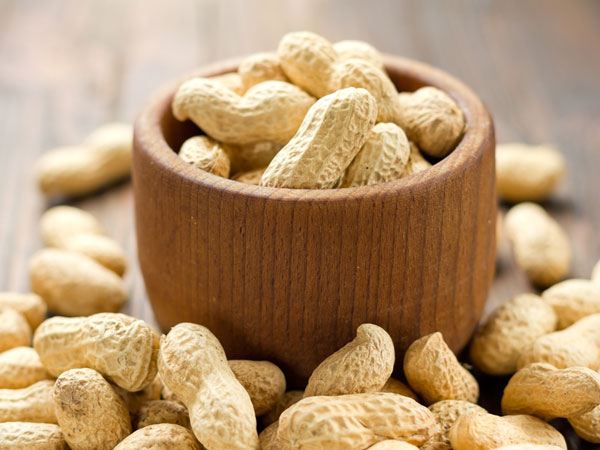A study of the accidental exposure of children with physician-confirmed peanut allergy was published in the Journal of Clinical and Translational Allergy earlier this month.
The parents of 1941 children were recruited from Canadian allergy clinics and allergy advocacy organizations over a ten year period beginning in 2004, who completed questionnaires regarding the accidental exposure to peanuts of their children over the preceding year and the results were correlated.
The resulting 4589 patient-years of data provide interesting findings:
- 567 accidental exposures occurred in 429 children yielding an annual incidence rate of 12.4%;
- Of the 377 of those that were moderate or severe, only 109 (28.9%) sought medical attention and of these, only 40 (36.7%) received epinephrine;
- Of the 181 moderate/severe cases treated outside of a healthcare facility, only 11.6% received epinephrine;
- Of the accidental exposures:
- 37% occurred at home;
- 14.3% occurred at relative’s/friend’s home;
- 9.3% occurred in restaurants;
- 4.9% occurred at schools/day care prohibiting peanuts;
- 3% at schools/day care allowing peanuts;
- 31.6% occurred elsewhere or unknown.
- The longer the duration of the allergy, the lower the risk of accidental exposure, although children 13 years and older had increased risk;
- Having another food allergy in addition to peanut decreased the risk;
- Living with a single parent increased the risk.
The data above highlight a number of serious issues, three of which are discussed below with a number of recommendations for each.
More than half of accidental exposures occurred at home or in the home or at the home of family or a friend
Children experienced the majority of exposures in a place where they felt most safe, a familiar environment where a family member or the parent of a friend is presumably watching out for them.
Consider:
- Checking whether foods and other products containing your child’s allergen of concern are in the home and whether you can substitute safer products (e.g. can soy butter or sunflower butter be substituted for peanut butter?)
- Reminding your family and parents of your child’s friends of the severity of your child’s food allergy and not allowing your child to visit any home where you are not confident their safety can be assured.
The vast majority of children experiencing moderate/severe exposures did not receive epinephrine
This runs directly counter to advice by American Academy of Allergy Asthma and Immunology (AAAAI) which states:
Based on available evidence, the benefit of using appropriate doses of intramuscular epinephrine in anaphylaxis far exceeds the risk…. Consensus opinion and anecdotal evidence recommend epinephrine administration sooner rather than later, that is, when the initial signs and symptoms of anaphylaxis occur, regardless of their severity, because fatalities in anaphylaxis usually result from delayed or inadequate administration of epinephrine.
Consider:
- Discussing with your child’s physician the appropriate time to administer epinephrine when accidental exposure is suspected.
Teen age children are at higher risk for accidental exposures
This fact was well established by previous studies and is confirmed here. We’ll go out on a limb and assert that teens are often preoccupied, consider themselves invincible, and are prone to making errors in judgement.
Consider:
- Discussing these results with your teen;
- Constantly reminding them to always Take 2… take two auto-injectors along everywhere, every time;
- Carrying epinephrine when you are with your teen;
- Training family and friends of your teen to recognize the symptoms of anaphylaxis and proper administration of their auto-injector.
Sources:
- Accidental exposures to peanut in a large cohort of Canadian children with peanut allergy – Journal of clinical and Translational allergy
- When to administer epinephrine to a child having a potential anaphylactic episode in school – AAAAI





